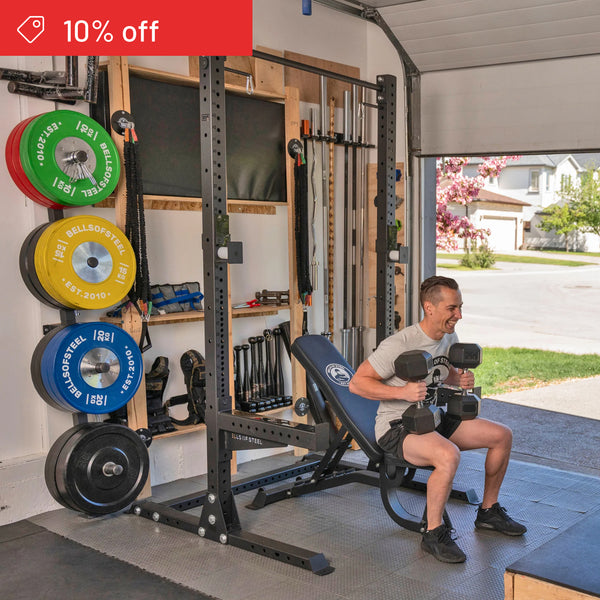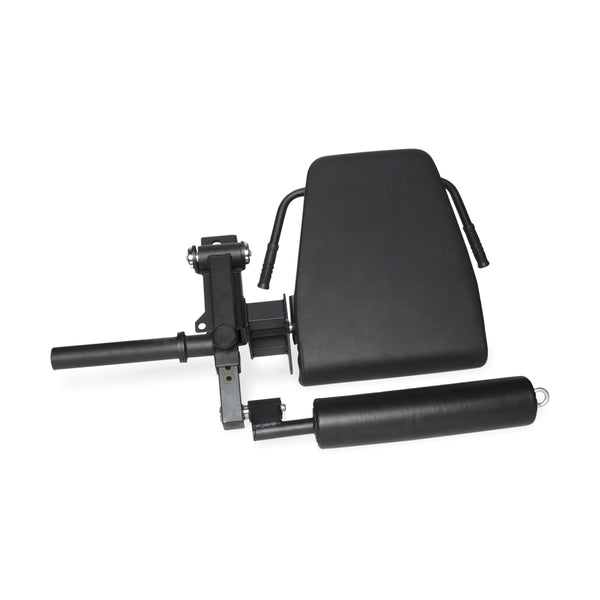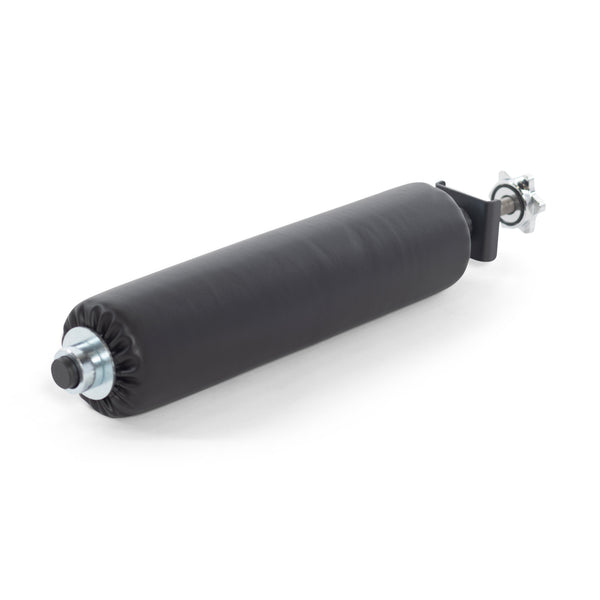Welcome to the ultimate guide on leg extensions! Whether you’re rocking a home gym or just scoping out new equipment, this article will help you decide if leg extensions deserve a spot in your workout routine. Spoiler alert: they might just be the unsung hero your legs have been craving.
What Are Leg Extensions Good For?
Quad Development
First up, leg extensions are phenomenal for isolating and building those quadriceps (as much as you can isolate the quads, anyway). If your goal is to have quads that could double as carved marble, then leg extensions are your new best friend. By targeting the quads directly, leg extensions help you build muscle definition and strength without involving other muscles too much.
Flexibility and Range of Motion
Working on leg extensions can improve the flexibility and range of motion in your legs. This can be particularly useful for athletes or anyone involved in sports that require agile leg movements.
Who Should Avoid Leg Extensions?
Folks with Knee Issues
If you’ve got a history of knee problems, leg extensions might not be the best choice. This exercise places a significant load on the knee joint, which can exacerbate existing issues. Always consult with a healthcare professional before diving into leg extensions if you have any knee concerns.
Beginners
Leg extensions might not be the ideal starting point for newbies. Jumping straight into isolation exercises can lead to imbalances if your foundational strength isn’t solid. Beginners should focus on compound movements like squats and lunges to build overall leg strength first.
The Overzealous Lifter
We all know that one person who loves to load up every plate in sight. If that’s you, chill out a bit. Overloading leg extensions can put unnecessary stress on your knees and ligaments. Moderation is key! Save the big weights for leg presses and squats.
Tips for Success with Leg Extensions
Start Light and Gradual
Begin with a light weight to get a feel for the movement and to ensure you’re using proper form. Gradually increase the weight as you become more comfortable with the exercise.
Mind Your Form
Keep your back against the seat and don’t let your butt lift off. Make sure your knees are aligned with the pivot point of the machine. Proper form helps prevent injuries and ensures that you’re working the quads effectively.
Controlled Movements
Avoid using momentum to lift the weight. Instead, focus on slow, controlled movements to maximize muscle engagement and growth.
Range of Motion
Don’t lock your knees at the top of the movement. Stop just short to keep constant tension on your quads and protect your knee joints.
FAQs About Leg Extensions
Q: Can I do leg extensions every day?
A: It’s generally best to allow muscles at least 48 hours to recover. Overworking your quads can lead to fatigue and increase the risk of injury. Stick to 2-3 times a week for optimal results.
Q: Are leg extensions better than squats?
A: Comparing leg extensions to squats is like comparing apples to oranges. Squats are a compound movement working multiple muscle groups, while leg extensions isolate the quads. Both have their place in a well-rounded workout routine.
Q: Can I do leg extensions at home?
A: Absolutely! There are plenty of compact leg extension machines perfect for home gyms. If space is tight, consider resistance bands as an alternative for a similar movement. The Leg Extension/Curl Rack Attachment is also a lifesaver for home gym owners with limited space. It’s a bestseller for a reason!
Do leg extensions help with running?
Yes, they can! Strong quads are crucial for powerful strides and better overall leg stability. However, they should complement, not replace, a balanced training program.
Final Thoughts
Leg extensions can be a valuable accessory for home gym owners looking to enhance their leg workouts. They’re perfect for isolating the quads, improving knee strength, and adding variety to your routine. Just remember to use proper form, avoid overloading the weight, and listen to your body. Happy lifting!




